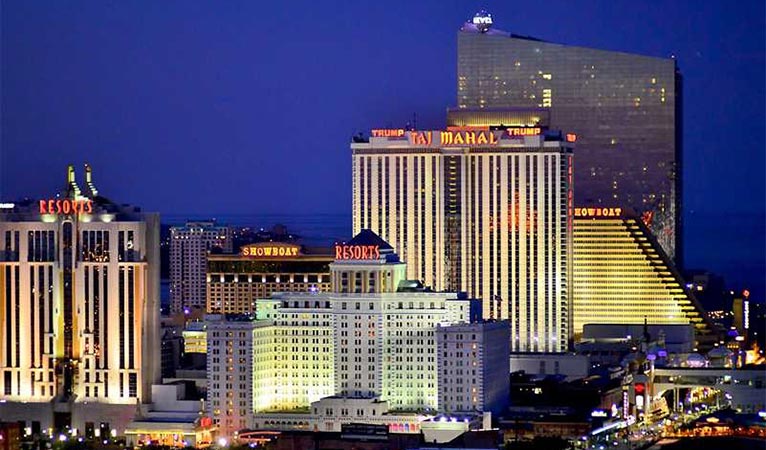On Tuesday, the Senate Appropriations Committee voted 24-2 in favour of the bill while the Senate Community, Economic & Recreational Development Committee voted cleared the bill with a 24-2 vote.
Senate Makes Amendments To Bill 271
The Legislation HB 271 includes what you would typically expect from a gambling bill, such as players must be at least 21, operators must have all legal licences etc. However, much amendments were to the bill by the Senate in order to address concerns that were raised regarding gaming taxes in particular. The amendments included setting taxes on internet poker revenue at 16 percent, and also imposing a sky-high tax rate on gross gaming revenue (GGR) generated by table a=gambles and online slots, which make up the vast majority of online gaming revenue in New Jersey.
High Taxes & Licensing Fees
As expected, the industry has expressed concerns with a 54 percent tax on non-poker games, and not many will be very willing to jump into the online casino market giving such low profit margins. To illustrate the importance of this significant tax percentage, Steve Ruddock over at Online Poker Report did an excellent breakdown on how each dollar wagered online is distributed.
Based on his research, he concluded that even online casinos in New Jersey whose revenue are taxed at a comparatively reasonable rate of 17.5 percent aren’t printing money. Here was how each dollar was distributed:
- ➤ 24 cents to advertising
- ➤ 20 cents to player reinvestment (player promotions and retention costs)
- ➤ 18.5 cents to payment processing, KYC, geolocation costs, and platform and content royalties
- ➤ 17.5 cents to taxes
- ➤ 12.5 cents to general and administrative needs, including staff
- ➤ 2.5 cents to other regulatory fees
As you can see, after accounting for all these things, online operators in New Jersey pockets roughly 0.05 of each dollar wagered online. This is based around the 17.5 percent tax on GGR.
Without going deeper in to all the mathematics, in short, there is zero incentive for casinos to risk investing in the online business, especially considering the high upfront fees for securing all the required gaming licenses, which are $5 million for online gambling licence, $5 million for online casino games licence, and another $5 million for online poker rooms license. That’s right. $15 million just to get started.
Legislators in Pennsylvania are looking to raise as much as $250 million from the licensed online gambling industry, but with the current stipulations, only a few of the bigger operators will be able to shell out that kind of money to invest into the online gambling industry.
Even though the whole purpose of this bill was to get the online gambling industry up and running, this astronomical tax percentage along with the absurd licensing fees will simply kill the industry before it begins.
Back to the House for further amendments
After having passed the full State Senate, the bill is passed back over to the House, where state Rep. George Dubar expects the House will further amend the bill over the next two weeks and then send it back to the Senate. He stated that the bill will go through the House Rules Committee, hared by House Majority Leader Dave Reed, in its first step for concurrence.
“I don’t think that’s the final product at all,” Dunbar said. “The $5 million license fee for peer-to-peer games isn’t going to fly because no one is going to pay $5 million just for poker, as they’d never be able to recoup that money, and I don’t know who is going to buy a non-peer-to-peer license with that tax rate.”
Dunbar, who is the author of the gambling expansion bill H 392 that passed the House last year, was an online poker player himself prior to Black Friday in 2011, is highly regarded as the figure with most experience on iGaming in the statehouse.
Dunbar stated his concerns for the high taxes and licensing fees, and suggested a much lower percentage as well as a single license for both poker and casino games is necessary. He stated that he will continue advocating for the figures in H 392, which is 14 percent for all online gambling.
-
Tags:



